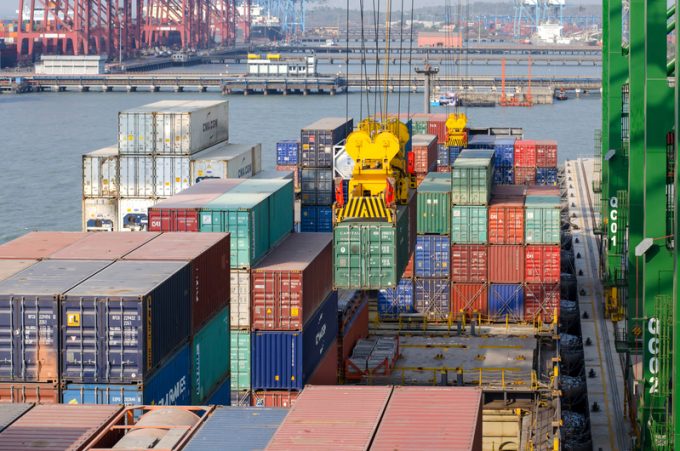Carriers introduce surcharges as congestion builds at African ports
Carriers are beginning to impose congestion surcharges on shipments into African ports as the continent ...

Container trades out of India are faced with increasing congestion, due to a combination of blanked sailings, equipment shortages and carriers unable to clear a backlog of bookings.
According to forwarding sources in the country, every carrier is facing a “space crunch across India on all ...

Comment on this article